Life
Sign up for our newsletter
We summarize the week's scientific breakthroughs every Thursday.
-
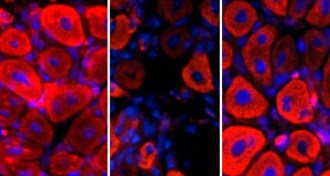 Life
LifeOxytocin stimulates repair of old mice’s muscles
The naturally produced hormone oxytocin, well known for its role in social bonding, may help heal injured muscles in the elderly.
-
 Health & Medicine
Health & MedicineAnesthesia linked to effects on children’s memory
Undergoing anesthesia as an infant may impair a person's ability to recall details later in life, a new study suggests.
-
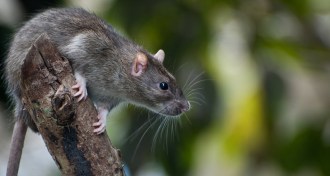 Neuroscience
NeuroscienceRats feel regret, experiment finds
When they turn down a good meal for a lesser one, rodents regret their choice, a study suggests.
-
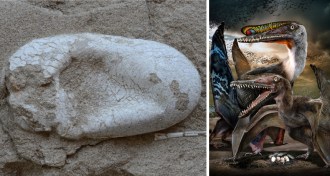 Paleontology
PaleontologyPreserved pterosaur eggs hint at reptile’s social life
The first 3-D pterosaur eggs, which were found in China, suggest that the flying reptiles laid eggs together.
By Meghan Rosen -
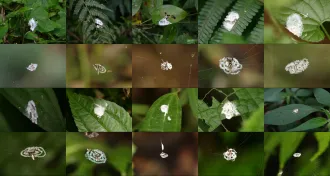 Animals
AnimalsBird dropping disguise proves to be effective camouflage
Several species of spiders and other animals mimic bird poop.
-
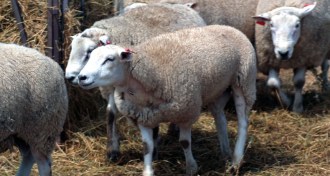 Genetics
GeneticsWool pulled from sheep’s genetic code
Sheep's genetic sequence, comprised of 2.6 billion base pairs, offers clues to how the animals maintain extra woolly coats and when they evolved from other livestock.
-
 Neuroscience
NeuroscienceStem cell approach for Parkinson’s disease gets boost
Postmortem study finds Parkinson’s patients can retain transplanted neurons for years.
-
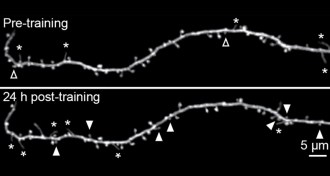 Neuroscience
NeuroscienceSleep strengthens some synapses
Mice show signs of stronger neuron connections when allowed to sleep after learning a trick.
-
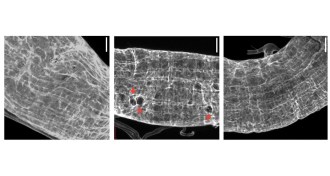 Genetics
GeneticsBromine found to be essential to animal life
Fruit flies deprived of the element bromine can’t make normal connective tissue that supports cells and either don’t hatch or die as larvae.
-
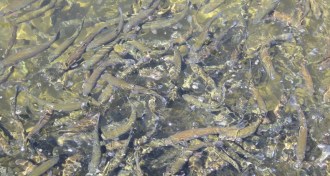 Life
LifeHatcheries’ metal can disrupt steelhead magnetic sense
Growing up in magnetic fields distorted by pipes and electronics confounds young fish’s inherited map sense.
By Susan Milius -
 Health & Medicine
Health & MedicineEarly malnutrition may impair infants’ mix of gut microbes
Babies’ gut microbiomes fail to fully recover even after fending off bouts with malnutrition.
By Nathan Seppa -
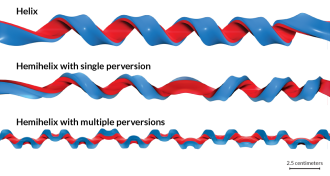 Life
LifeA new twist on a twist
Nature abounds with perfect helices. They show up in animal horns and seashells, in DNA and the young tendrils of plants. But helix formation can get complicated: In some cases, the direction of rotation can reverse as a helix grows.